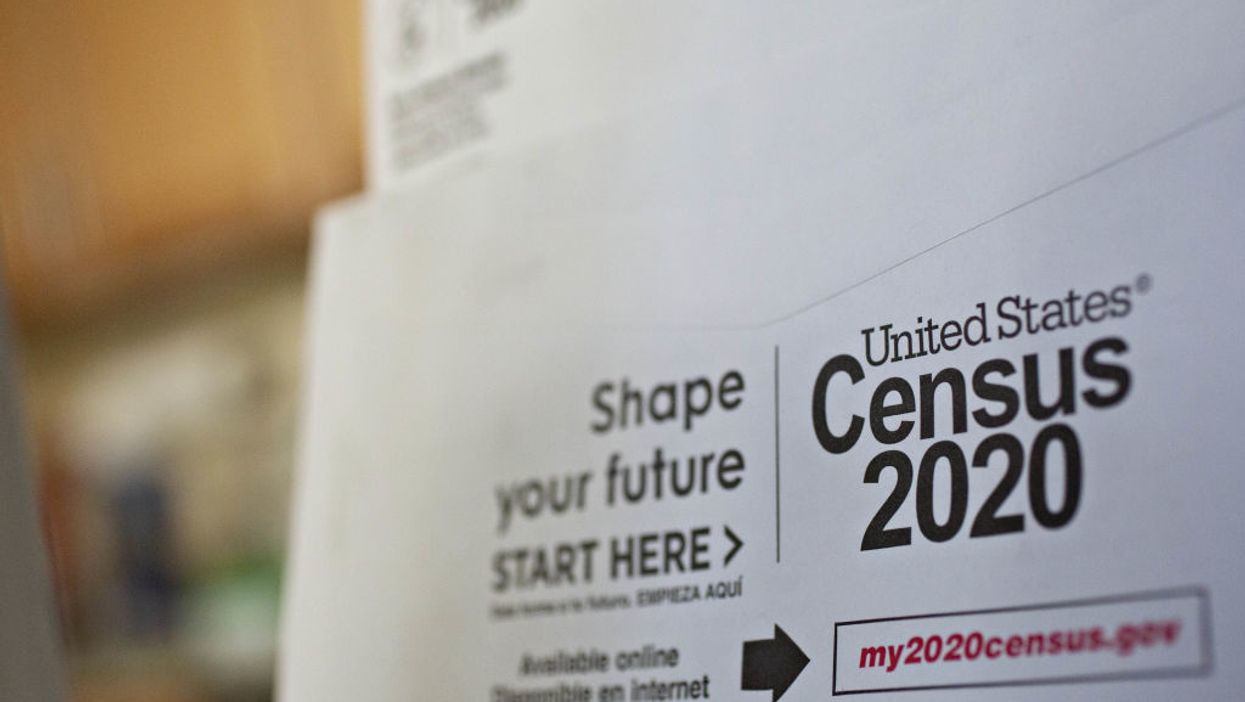
Andrew Harrer/Bloomberg via Getty Images

At least four states are sharing identification information with the federal government
As part of an effort to determine the citizenship status of every adult living in the United States, the Trump administration has entered into agreements with at least four states to obtain driver's license and state identification information, NPR reported Wednesday.
Over the past year, the four states — Iowa, Nebraska, South Carolina, and South Dakota — have voluntarily agreed to share varying amounts of information with the U.S. Census Bureau that will help the administration determine the number of illegal aliens residing in the country, as well as aid in redrawing district voting maps.
The information provided to the government, according to documents obtained by NPR, includes names, addresses, dates of birth, and other such information regularly founded on driver's licenses and identification cards.
The move by the Trump administration falls under an executive order issued by the president in July of last year after the administration's attempt to include a citizenship question on the 2020 census was essentially blocked.
In the executive order, the president stated: "I am directing the Department [of Commerce] to strengthen its efforts, consistent with law, to obtain State administrative records concerning citizenship."
Secretary of Commerce, Wilbur Ross, whose department oversees the Census Bureau, has reportedly been working under that guidance in attempt to obtain as much accurate citizenship information as possible from federal and state records.
TheBlaze reached out to Census Bureau's press office seeking information on whether or not the federal government was making data-sharing arrangements with any other states, but a response was not given in time for publication.
NPR reported that some states, including New Hampshire, Pennsylvania, and Maine, have refused to turn over data.